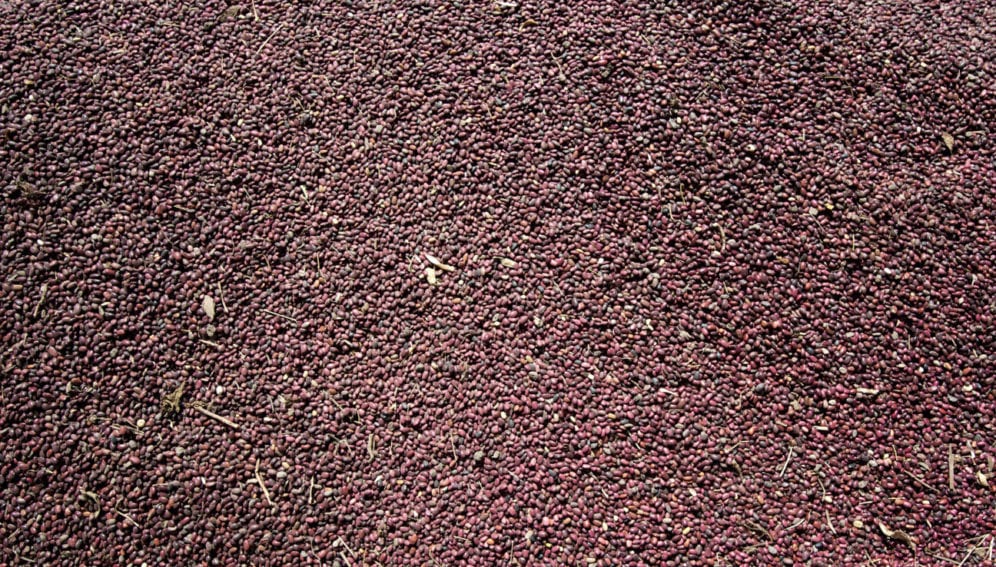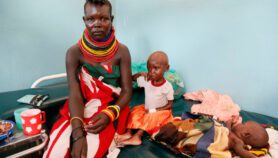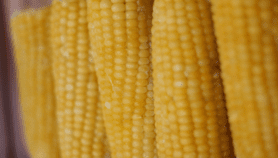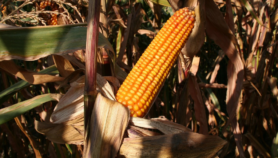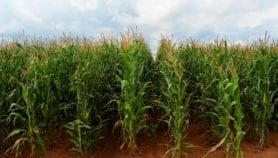By: Gilbert Nakweya
Send to a friend
The details you provide on this page will not be used to send unsolicited email, and will not be sold to a 3rd party. See privacy policy.
[NAIROBI] A public-private partnership initiative has been launched to develop precooked beans to improve nutrition, raise incomes and create employment.
The project aims to increase the production and supply of beans suitable for precooked processing, giving farmers access to new, sustainable markets and enabling them to increase their incomes.
The initiative was launched during a workshop in Kenya last year (25-28 November) that brought together researchers, farmers, traders and manufacturers to develop high quality locally processed precooked bean products.
“The only precooked beans available in our markets are either imported or chilled, which are very expensive and a majority of our populations cannot afford them.”
Michael Ugen, National Agricultural Research Organisation (NARO), Uganda.
“The only precooked beans available in our markets are either imported or chilled, which are very expensive and a majority of our populations cannot afford [them],” says Michael Ugen, the project leader from the National Agricultural Research Organisation (NARO), Uganda.
Ugen notes that over 500 million people globally are protein-deficient, with most of them from the developing world.
“We thus need to develop affordable precooked bean products from varieties high in micronutrients, and promote their consumption,” Ugen adds.
The US$2.5 million, three-year project is through Cultivate Africa’s Future Fund, which was set up by Canada’s International Development Research Centre (IDRC) and the Australian Centre for International Agricultural Research (ACIAR).
The project is led by the Kenya Agricultural and Livestock Research Organization (KALRO) and NARO in partnership with the International Center for Tropical Agriculture in Kenya.
Jemimah Njuki, a senior programme officer, IDRC, commends the involvement of private partners at an early stage in the project, saying beans are an important crop for food and nutrition security.
“These will open [up] markets for a crop that is important for women and children,” Njuki notes, adding that the initiative will empower women and children, and improve livelihoods.
KALRO director-general Eliud Kireger adds that beans provide crucial proteins, complex carbohydrates, vitamins A and B complex, and micronutrients such as iron and zinc, which are usually lacking in diets among the poor, particularly pregnant women and children in Africa.
“Although [the] bean is nutritionally important, production rarely meets demand in the region,” observes Kireger. “For instance, Kenya produces about 427,996 metric tonnes per year of dry beans, and imports approximately 443,000 metric tonnes from the Eastern Africa region in order to meet the shortfall.”
Kireger explains that the project could stimulate increased consumption, especially by the urban population, who will have increased access to bean products, leading to increased trade and production at farm level.
Joseph Ochieng’, a senior research fellow from KALRO, tells SciDev.Net: “We need to involve industries for processing and large-scale production,” noting that such a move could facilitate the initiative’s scale-up.
Paul Woomer, a senior research scientist and co-founder of the UNESCO Rhizobium Ecology Network of East and Southern Africa, commends the project as it focuses on food processing, which could benefit farmers.
"But, as a consumer, cooking beans has never really been a problem because when they are soaked overnight they cook quickly the next day," Woomer says.
This article has been produced by SciDev.Net's Sub-Saharan Africa desk.


